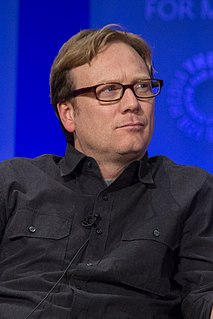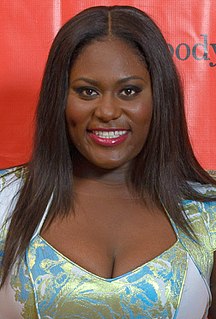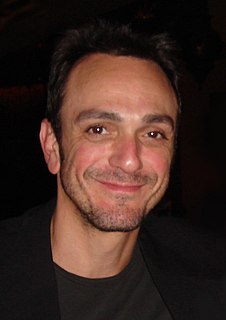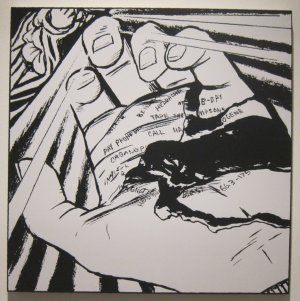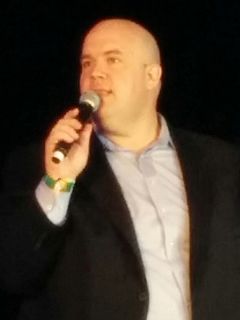A Quote by Andy Daly
I like it when shows end intentionally, and Review, especially, has such a long form narrative that it feels like you need to give it a thoughtfully constructed finale.
Related Quotes
Endings of television shows are sometimes such depressing things. I think shows that have more of a narrative and are about what's going to happen next, those need to wrap up as a complete story. But it's weird when a goofy comedy show needs to end, and we knew it was going to be the end, and sometimes it's just better if a comedy show ends and goes away and they never had a series finale.
All you do is you go back to the Maida Vale Studios at BBC in London, and it feels like you're in a spaceship. It feels like you're in 2001 or something like that. It's massive and well constructed and highly technologically advanced and occupied by these wise scientists, engineers, and producers. Listening to it, it just doesn't sound like me - that's a younger self that didn't know who he was or what he was doing. I can't identify with a nebulous cloud.
That's very, very important to me, to give another narrative. And Netflix has not been afraid of doing that, as we see from the plethora of shows that they have, from British shows to American shows like 'Master of None,' which I've been very grateful to be on, too. Just giving platforms to people who haven't seen themselves on TV.
One thing I noticed over time is that if I got a bad review, usually the bad part of it was at the very end. I could tell that nobody read the whole review because they would just say, "It was great to see the review!" In a way, my brain shuts down at the end of an article. It doesn't really want to go to the end.
I feel like if you enjoyed the 119 hours that precede the finale of 'Lost,' is that whole experience ruined by the fact that you might not agree with everything that we did in the finale? I would hope not! I would hope that you would appreciate the fact that you were entertained for 119 hours even if you didn't love the finale.
Diversity on the bench is critical. As practitioners, you need judges who 'get it!' We need judges who understand what discrimination feels like. We need judges who understand what inequality feels like. We need judges who understand the subtleties of unfair treatment and who are willing to call it out when they see it!
We all have an ongoing narrative inside our heads, the narrative that is spoken aloud if a friend asks a question. That narrative feels deeply natural to me. We also hang on to scraps of dialogue. Our memories don’t usually serve us up whole scenes complete with dialogue. So I suppose I’m saying that I like to work from what a character is likely to remember, from a more interior place.
